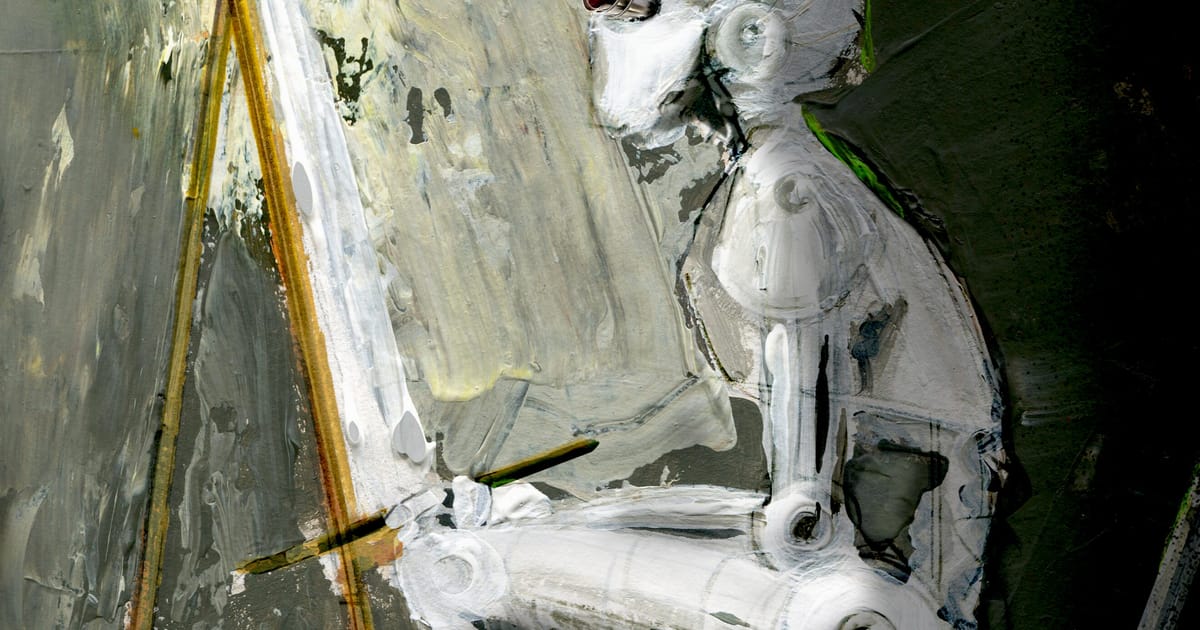The job — annual salary $90,000-$100,000 — entails developing and testing “prompts,” the text that tells AI programs what to create. The ideal candidate would have an eclectic background, blending coding skills with creativity and, according to Addition’s CEO Paul Aaron, artistic sensibility.
Writing prompts has, in the view of many of its practitioners, become a bit of art in itself, and a small ecosystem of platforms — with names like PromptBase, KREA, PromptHero — has sprung up online offering high-performing prompts for a few dollars a pop. An 82-page guide to the image generator DALL-E-2 put together by the British artist Guy Parson features this example of a good prompt: “grainy abstract experimental expired film photo of a woman in a red dress, talking angrily on a mobile phone, gesticulating angrily, in 1960s New York City by Saul Leiter, 50mm lens, cinematic colors, oversaturated filter, blur, reflection, refraction, distortion, rain drops, smears, smudges, blur, cinestill 800t.”
The same prompt will return different results depending on the platform. But in general, detail, precision and the use of signpost words (a historical period, an art style, a type of camera) are essential. “It’s almost like [British logician] Bertrand Russell, when he was analyzing sentences,” said Aaron. “You don’t have to go that far — but you need to be, like, very precise.”
Prompts, Aaron said, can even be used to generate other prompts. “You can train a language model to generate an ‘art prompt,’” he said. The illustrations of the future might begin life as buzzword-laden emails, be metamorphosed by a chatbot into an art prompt and finally emerge fully grown as a digital image: a weathered gunslinger standing in the Arizona desert; a Shiba Inu puppy sporting pink shades; a sinister lunar landscape.
‘Secret recipe’
The explosion of AI-generated artwork has sparked a debate not just about the nature of art — but about the ingredients that go into the creative process, and who can legitimately claim ownership.
When Allen won the fine art competition, he infuriated illustrators, but he upset prompt writers too. By deciding not to reveal the words he used to create his artwork, he breached what had by then become an unwritten rule of the online AI art community. “I originally said I was going to publish the prompt when I was finished with my project,” Allen said. “I’ve since learned better: It’s like asking a chef to release his secret recipe.”

